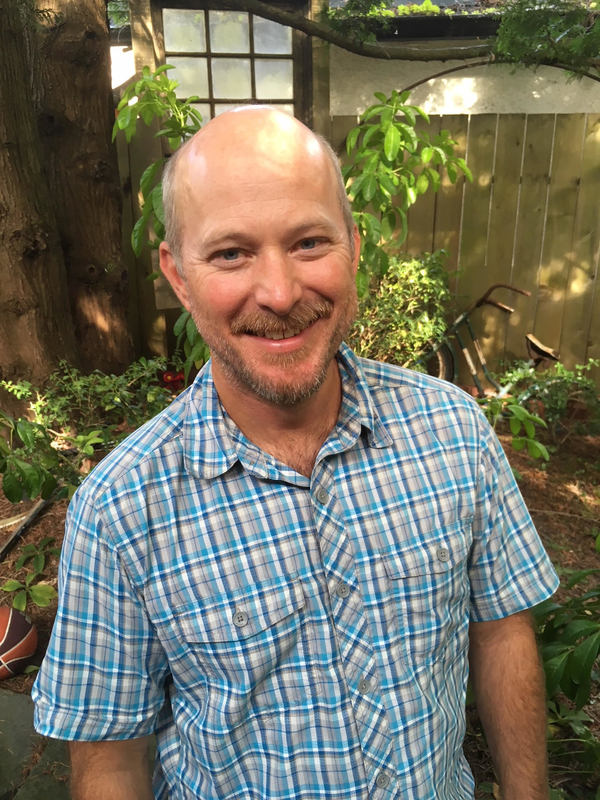I think of ecohydrology as the processes and mechanisms by which ecology affects water flows. Eco as the modifier of hydrology.
What are your undergraduate and graduate degrees in?
My undergraduate degree was in Agricultural Engineering (now Biological Systems Engineering) at Virginia Tech, where I also completed a co-op position with the US Geological Survey – Office of Surface Water. My Masters was in Agricultural and Biological Engineering @CUSoilWater (the Soil and Water Lab at Cornell). Then I did my PhD in Soil, Crop and Atmospheric Sciences, also at Cornell.
How did you arrive at working in/thinking about ecohydrology?
I grew up in southwestern Virginia, 50m from the eastern continental divide and just barely within the Mississippi River basin (via Strubles Creek -> the New River -> Ohio River -> Mississippi River). That had me thinking about water flows from early days. Ecohydrology came as a natural extension of earlier interests in soil and water topics, and in relation to my PhD work studying carbon and water interactions in the Amazon forests. I was really fortunate to be able to spend a lot of time in lowland headwaters of the Amazon in northwestern Mato Grosso, which got me fully hooked on ecohydrology.
What do you see as an important emerging area of ecohydrology?
Not to confuse things with too many modifiers, but I see socio-ecohydrology as an important extension of ecohydrology. How do human water uses impact ecohydrological processes? The concepts of “watershed services” and “hydrologic ecosystem services” get at this a bit, but tend to focus more on the benefits that society derive from ecohydrological processes. When thinking of integrated water resources management, we also need to consider how much water is needed to maintain these critical ecohydrological functions.
Do you have a favorite ecohydrology paper? Describe/explain.
I really like “Quantifying regional scale ecosystem response to changes in precipitation: Not all rain is created equal”, Brooks et al. (2011) in Water Resources Research, doi:10.1029/2010WR009762, which applies hydrologic synthesis to an ecohydrologic framework. I like their data fusion of phenological parameters from remote sensing (e.g., NDVI) with derived hydrological parameters such as catchment wetting (i.e. the fraction of precipitation left for infiltration and potentially available to vegetation and evapotranspiration after quickflow has diverted some water downstream and out of the catchment).
What do you do for fun (apart from ecohydrology)?
Since it’s now summer in the northern hemisphere, it’s been fun camping with my family, getting out on the water for a bit of kayaking or small boat sailing (I’m barely competent at those activities, so maybe “out in the water” is more accurate), and playing music with my kids.

 RSS Feed
RSS Feed